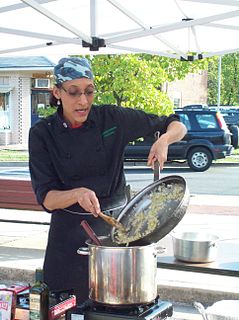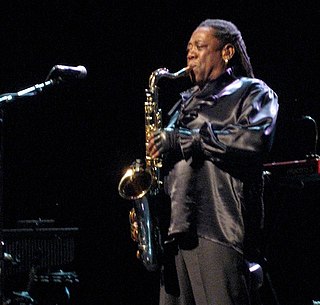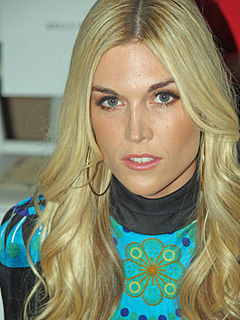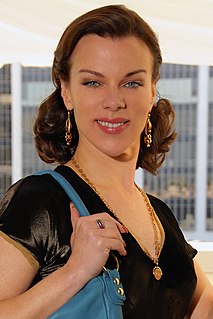A Quote by Marcie Cohen Ferris
Southern food that appears in contemporary popular culture is so exaggerated that it's hardly recognizable to most Southerners. This enriching of Southern food - fatter, richer, more over the top - is what we typically see on TV, in Hollywood films, and in Southern-style or country-themed chains like Cracker Barrel. Southern food becomes a caricature, like characters and props in a reality TV show.
Quote Topics
Appears
Barrel
Becomes
Caricature
Chains
Characters
Contemporary
Country
Cracker
Culture
Enriching
Exaggerated
Fatter
Films
Food
Hardly
Hollywood
Hollywood Films
Like
More
Most
Over
Over The Top
Popular
Popular Culture
Props
Reality
Reality TV
Recognizable
Richer
See
Show
Southern
Style
Top
TV
TV Show
Related Quotes
The core cuisine of Southern food is established in the plantation South, within the world of slavery. To understand the plantation table, we must understand the relationship of enslaved people to Africa, to historical trauma, and their central role in food production. Their voice is the most poignant, expressive voice in Southern cuisine.
Southern food certainly carries a stereotype, but I feel like that's turning around a little. There are great Southern chefs who are finding ways to showcase our traditional recipes in deliciously healthy ways. For me, the key is to use fresh fruits and vegetables and cut some of the butter and fat without sacrificing the yumminess of the dish.
I think that my interpretation of Italian was a lot more southern than what my husband cooks. You know, I grew up in Queens and in Brooklyn, and we - really, it's more southern. It's Naples and Sicily. It's heavier. It's over-spiced. And like most Americans, I thought spaghetti and meatballs was genius.
If there are greater activities in Vesuvius or Pelee, then the southern coast of California and the areas between Salt Lake and the southern portions of Nevada, we may expect, within the three months following same, inundation by the earthquakes. But these are to be more in the Southern than the Northern Hemisphere.






























